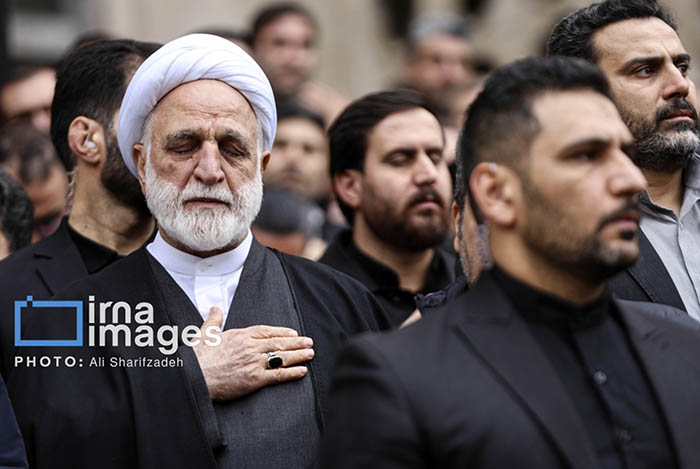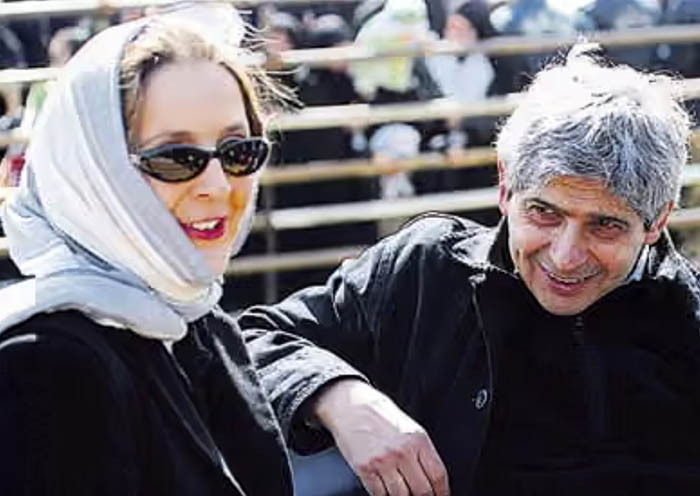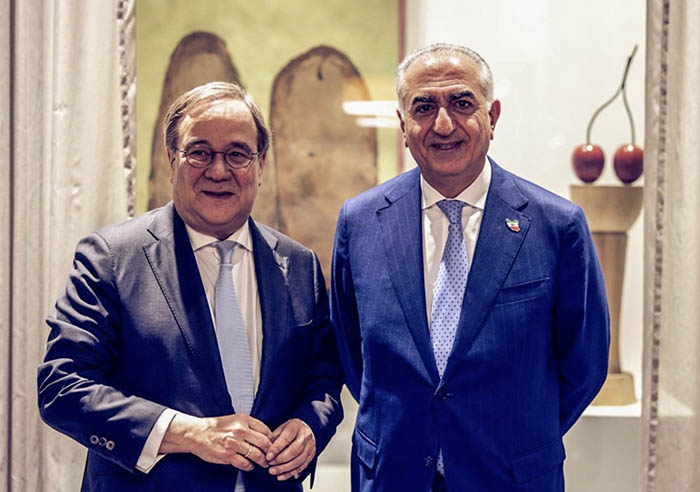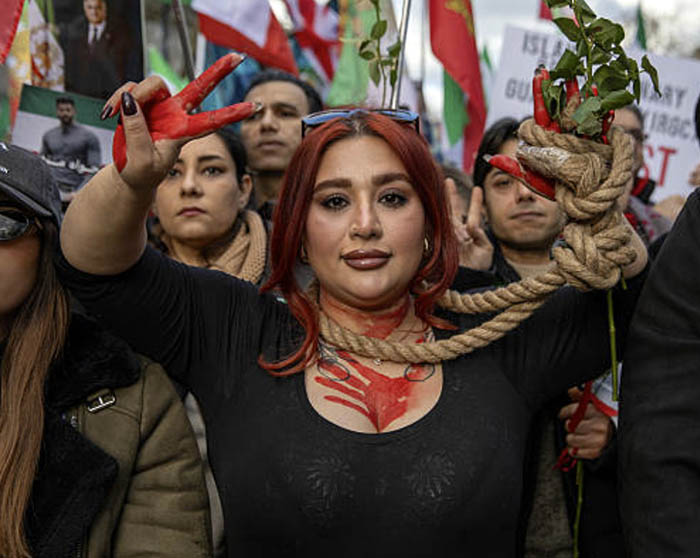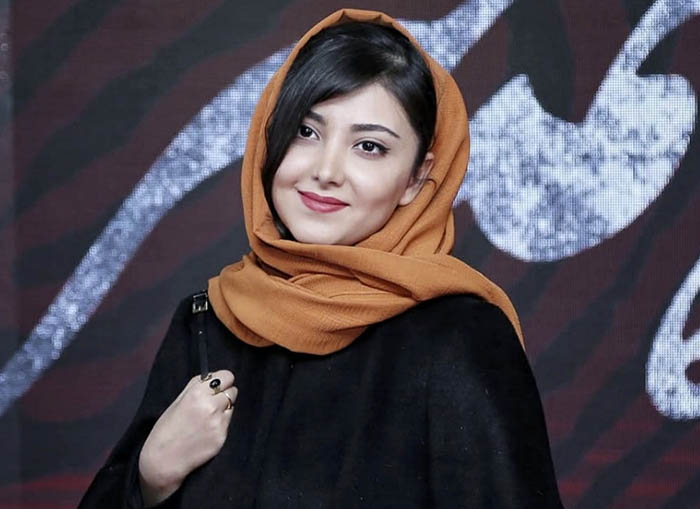More stories
Frances Harrison: The Life and Career of Kasra Naji’s Wife
Introduction Frances Harrison is a distinguished British journalist, acclaimed author, and human rights advocate renowned for her fearless reporting from … Continue reading ➝
Armin Laschet Meets Reza Pahlavi in Munich: A Landmark Political Encounter Shaping Future Relations
Introduction In a historic meeting in Munich, two prominent political figures—Armin Laschet, the former German Minister President and leader of … Continue reading ➝
Global Protests Supporting Democracy: Anti-Government Movements, and International Response in 2026
Introduction In 2026, a remarkable series of protests has swept across the globe, demonstrating widespread support for Iranian democracy and … Continue reading ➝
Beren Saat: From Turkish TV Star to International Actress — Complete Biography, Career, and Achievements
Introduction Beren Saat is one of Turkey’s most acclaimed and beloved actresses, renowned for her captivating performances in a variety … Continue reading ➝
Ziba Karamali: From Rising Star in Cinema to Voice Actress and Filmmaker
Introduction Ziba Karamali is one of the most promising young talents in the entertainment industry, whose multifaceted career spans acting, … Continue reading ➝
